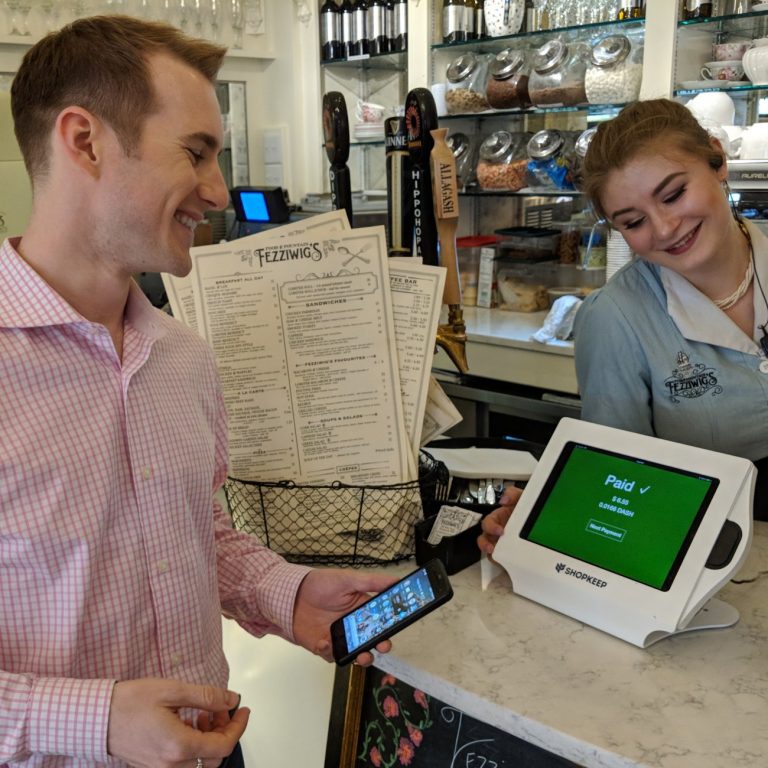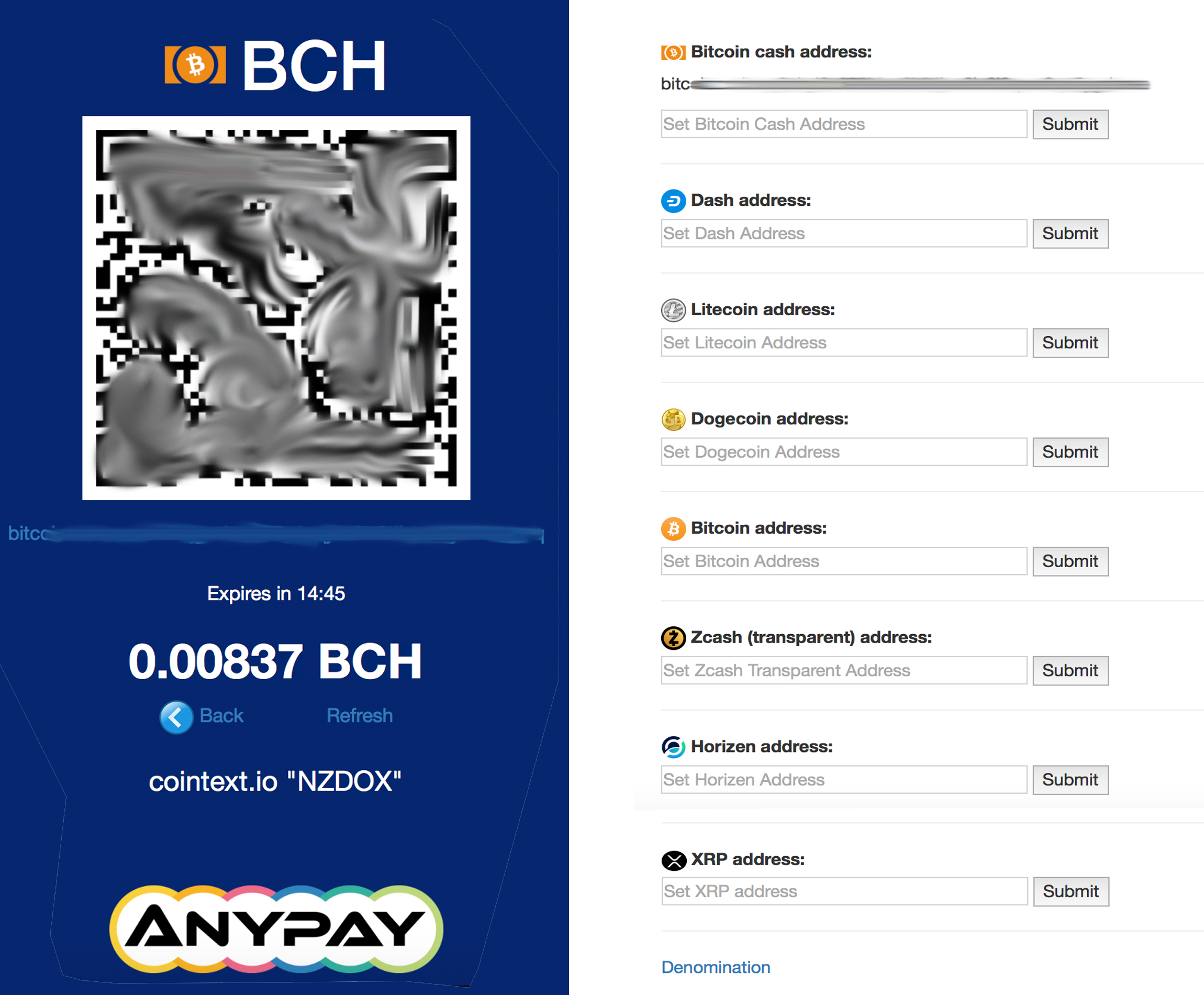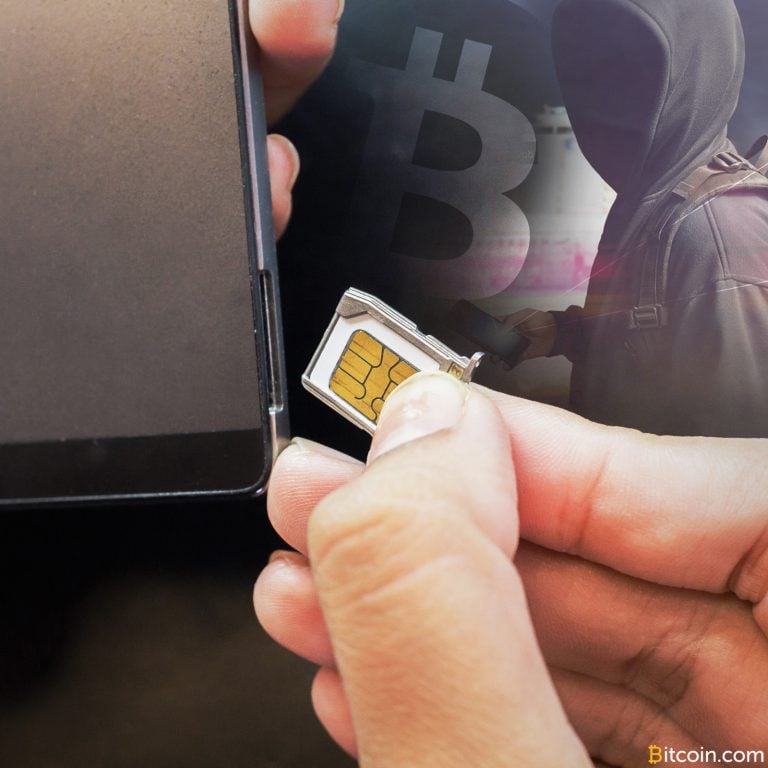//
Bird’s electric scooters were on full display at the Upfront Summit in Malibu last week, a two-day event that brings together the likes of Hollywood, Silicon Valley and Washington, DC’s elite.
Not only were a dozen or so brand spanking new scooters available to ride throughout the event but Upfront general partner Mark Suster, an investor in the startup, was seen riding a Bird on stage to the tune of Chamillionaire’s ‘Ridin’ Dirty.’ Plus, Bird founder and chief executive officer Travis VanderZanden was on site to mingle with attendees before closing the summit with a fireside chat with Suster himself.
The pair hit on a number of topics, including the unit economics, safety and seasonality of the scooter business. Neither confirmed Bird’s latest raise; the startup is said to be in the process of securing another $300 million at a $2.3 billion valuation, according to PitchBook. In a 12-month period, the company brought in more than $250 million at a roughly $1 billion valuation.

On unit economics: When Bird bursted onto the scene in 2017, VanderZanden knew he had to move quickly to beat copycats, he explained. Operating under Reid Hoffman’s ‘Blitzscaling’ philosophy, he dispersed hundreds of Alibaba-imported electric scooters that were, well, pretty shitty.
“Those things were fragile,” VanderZanden told Suster. “Clearly the unit economics didn’t work on those scooters but that was a test anyway … Once we knew people liked riding them, we quickly scrambled and started creating our own scooters. Bird Zero is the first iteration of that. What we see on the unit economics of those, it’s like night and day.”
The company unveiled Bird Zero, in October, equipped with a digital screen to display riders’ speed, a tougher exterior and improved battery life.
“2018 was about scaling,” he said. “2019 is about really focusing on the unit economics of the business.”
On seasonality: Some have critiqued Bird for poor unit economics, while others have pointed out that the success of the business is heavily dependent on…weather. No one wants to ride a Bird in the snow, slashing its revenue potential in the cold months. VanderZanden said he’s not concerned with seasonality and revealed Bird operates on a $100 million revenue run rate even in the winter. He did not, however, clarify if that run rate is based on fourth quarter 2018 projections — when Bird introduced Bird Zero — or 2018 annual revenue.
“Obviously, there is seasonality in the scooters business, there’s no doubt about that,” he said. “Yes, it’s slower in December but this market is so big, even in our slow [weeks] most companies would love to have that in their worst [month] … We used to say when we’re heading into the holiday season that the Birds would migrate south but it turns out the logistics are really expensive, so the Birds hibernate. That’s a lesson we learned.”

On safety: In the year or so that scooters hit the mainstream in the U.S., there were casualties. Moreover, many — kids included — realized just how easy it is to get away with scootering sans helmet, while others rode throughout the night. Bird, to keep children off scooters, at least, requires customers to provide a driver’s license when they sign up. Given the number of issues that have arisen as scooters become increasingly popular, improved safety measures are bound to be in the news in the year ahead.
“Safety has to be prioritized over growth,” VanderZanden said.
On electric bikes: Bird is one of few scooter businesses that doesn’t offer bikes. With all the capital its raised, will Bird make the leap? VanderZanden seemed lukewarm toward the prospect.
“Yeah, we think about it,” he said. “We [aren’t] religious [about] scooters per se, we just think it’s the thing people like the most so that’s where we started and we think that’s the best thing to do now. We get excited about micromobility generally… We are open and looking at all sorts of different short-range electric vehicles in the future.”
On Bird Platform: Last year, Bird began selling its electric scooters to entrepreneurs and small business owners, who can then rent them out as part of a service called Bird Platform. VanderZanden said the service has opened Bird up to tons of new markets.
“From early on at Bird, we had people asking ‘hey, how do we take Bird to my city,’” he said. “We thought why don’t we empower the local entrepreneurs to take Bird to their market… Now we have people from 77 countries from around the world that are interested in taking Bird to their market, which is exciting because there is no way we as a company could get there in the short-term. This is a way to bring Bird to the world.”
On growth: Given the number of stories on Bird and its competitors in the tech press, it’s easy to forget that most of the startups in the space have launched in the last year or so. VanderZanden took a moment to remind the venture capitalists in the audience that in that time, Bird has expanded to 100 cities. Impressive, yes, but let’s remember the manner in which Bird introduced scooter fleets to new markets. The company showed up unannounced in Santa Monica, for example, a decision that resulted in a lawsuit in the startup’s own hometown.
“It’s pretty incredible that 100 cities have opened their arms and embraced electric scooters,” VanderZanden said.
On Bird’s future: VanderZanden explained that despite a long-held interest in transportation — his mother was a public school bus driver for 30 years — he’s only recently come to understand the industry’s most urgent needs. He plans to put more energy in transportation infrastructure in 2019 as a result.
“The deeper I get into transportation, the more I realize we don’t need autonomous vehicles, we need tunnels, all we need are more bike lanes,” he said.

from Startups – TechCrunch https://tcrn.ch/2Sn8PXN









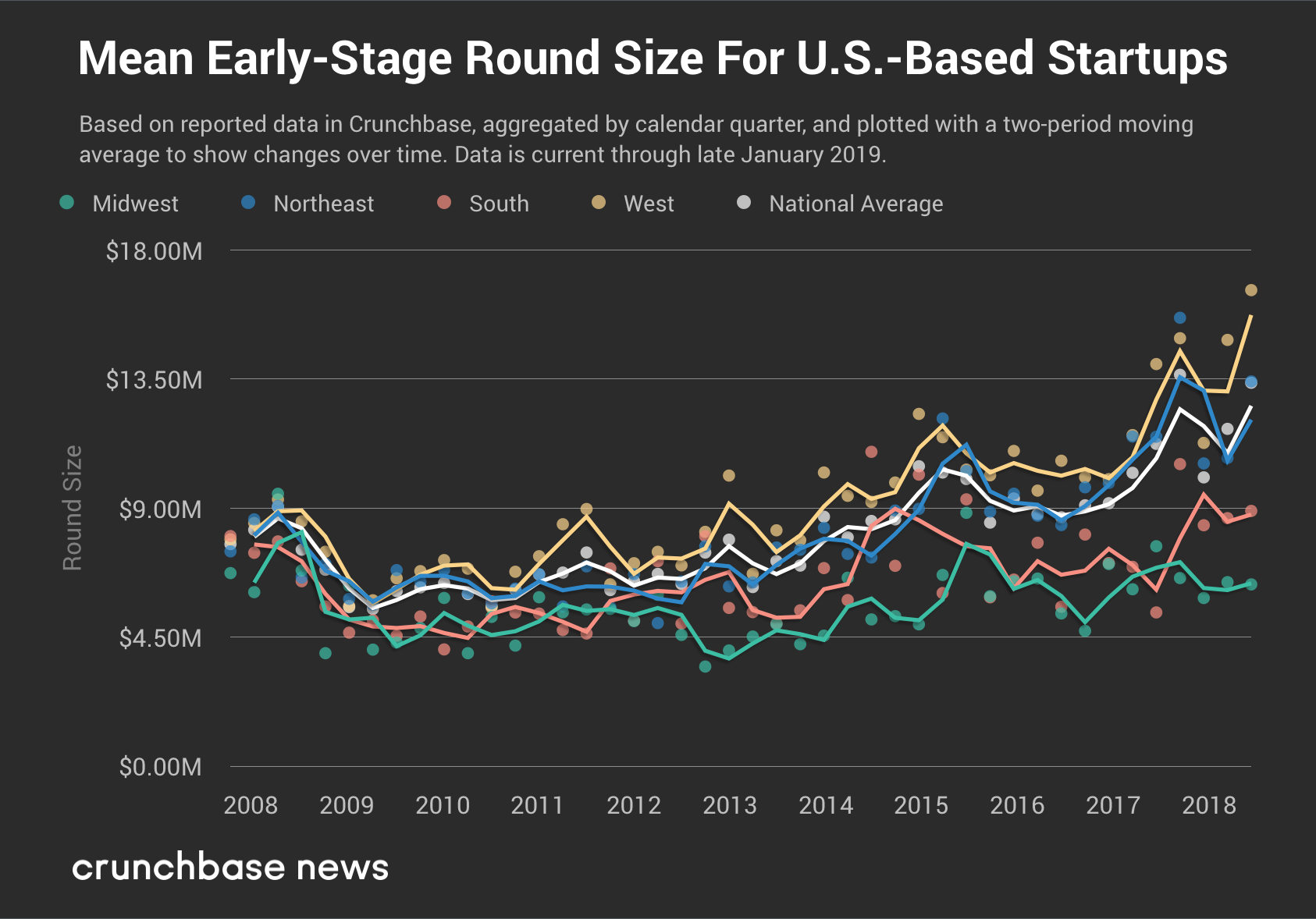






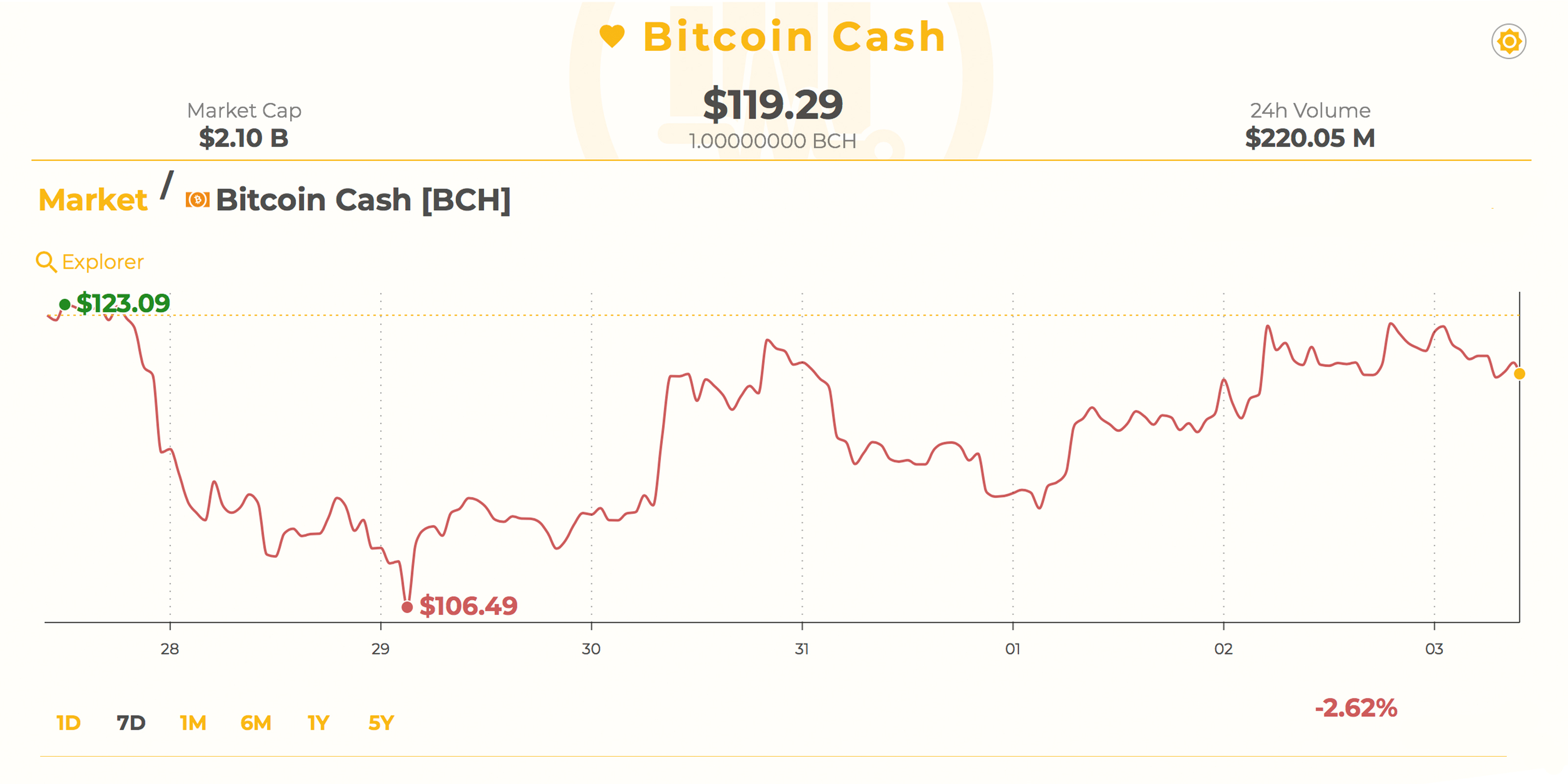


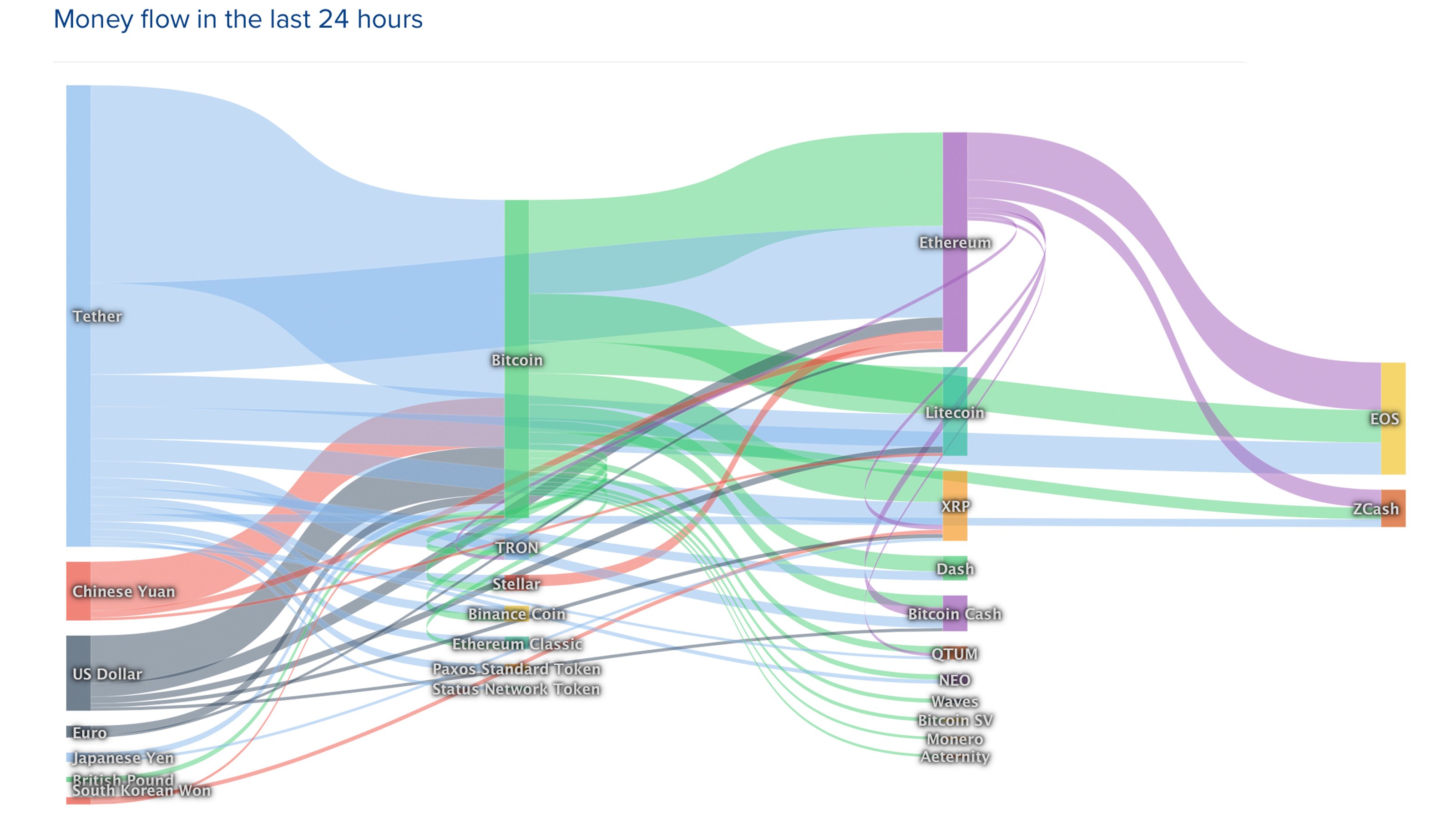

 A campaign to raise funds for the development of privacy-centric coin Grin is halfway towards its target. A dedicated
A campaign to raise funds for the development of privacy-centric coin Grin is halfway towards its target. A dedicated 



 2019’s newest protocols, Grin and Beam, share commonalities, not least in terms of the Mimblewimble privacy technology they’re built upon. In other respects, however, the pair couldn’t be more different. Beam has a publicly known team, is incorporated as a business, and has a Zcash style founders’ reward to fund development. Grin, on the other hand, has a pseudonymous team, no premine or founders’ reward, and operates as a community project with no central leadership.
2019’s newest protocols, Grin and Beam, share commonalities, not least in terms of the Mimblewimble privacy technology they’re built upon. In other respects, however, the pair couldn’t be more different. Beam has a publicly known team, is incorporated as a business, and has a Zcash style founders’ reward to fund development. Grin, on the other hand, has a pseudonymous team, no premine or founders’ reward, and operates as a community project with no central leadership.
 To begin with, bitcoin could be extracted in virtual shovelfuls in a process akin to open-cast mining. The low difficulty rate, coupled with the 50 BTC block reward, meant it was easy for hobbyists to mine bitcoins by the thousand. Bitcoin mining today is more like fracking: it calls for specialist hardware, has a high cost of entry and triggers environmentalists.
To begin with, bitcoin could be extracted in virtual shovelfuls in a process akin to open-cast mining. The low difficulty rate, coupled with the 50 BTC block reward, meant it was easy for hobbyists to mine bitcoins by the thousand. Bitcoin mining today is more like fracking: it calls for specialist hardware, has a high cost of entry and triggers environmentalists. 